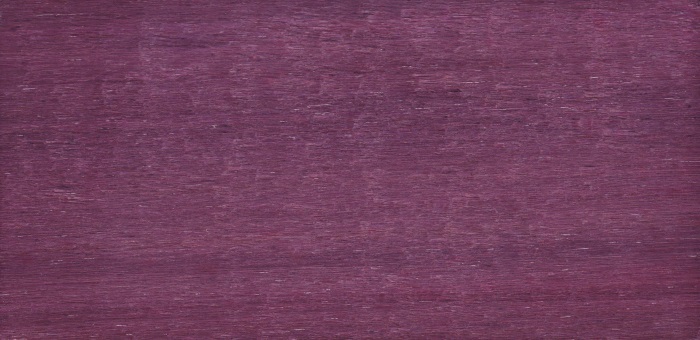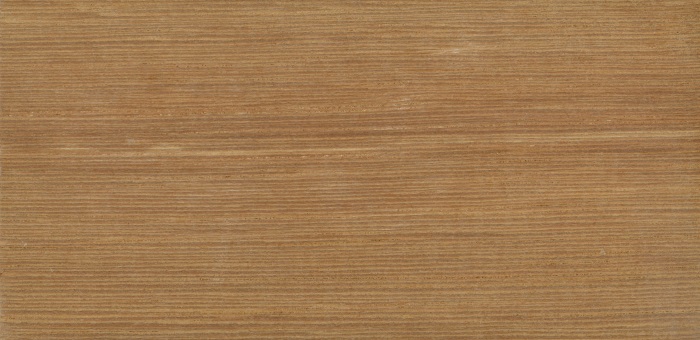Morabukeya (Mora)
| Commercial Name(s): | Mora |
| Other Name(s): | Parcuuba, Parcuuba Vermelha, Nato Rojo, Mora Boekea, Pracuuba Branca, Nato, Morabukea, Alcornoque, Moraboekea |
| Botanical Name: | Enterlobium schomburgkii, Mora excelsa, Mora gonggrijpii, Mora megistosperma, Mora parensis |
| Botanical Family: | Caesalpiniaceae |
| SBB Code: | MBK |
Profile
Mora is pinkish brown to red brown with sometimes thin darker veins. It has clearly demarcated sapwood. The grain is interlocked and the texture is medium. Density at 12 % moisture content: 1.03 g/cm3. The blunting effect is fairly high and peeling and slicing is not recommended or without interest. Hard to saw due to hardness and interlocked grain. Nailing is good but pre-boring is necessary. Gluing is correct for interior only. Gluing requires care (very dense wood).It dries slowly. Slow and careful drying recommended to reduce defects. It is moderately stable to poorly stable. Mora is very durable to fungi and is durable to dry wood borers; sapwood demarcated (risk limited to sapwood).
Mora can be used for several applications:
• interior: e.g. industrial or heavy flooring, tool handles
• exterior: e.g. bridges, posts, sleepers, heavy carpentry
Excellent to produce charcoal.
Typical use
Sleepers, Hydraulic works (fresh water), Industrial or heavy flooring, Bridges (Parts not in contact with water or ground), Tool handles (resilient woods), Heavy carpentry, Bridges (Parts in contact with water or ground), Poles, Turned goods.
Technical Information
Trees Size: 30 – 40 m
Trunk Diameter: 0.6 – 1.50 m
Monnin Hardness:: 8.6
Crushing Strength (Mpa dry): 74 – 86
Basic Specific gravity: 1.0 – 1.06
Density (kg/m3 dry): 1.03
Texture: Medium
Static bending strength (Mpa dry): 141
Modulus of elasticy (Mpa dry): 18940
T/R Ratio: 1.5
Finish: Excellent
Stability: High


